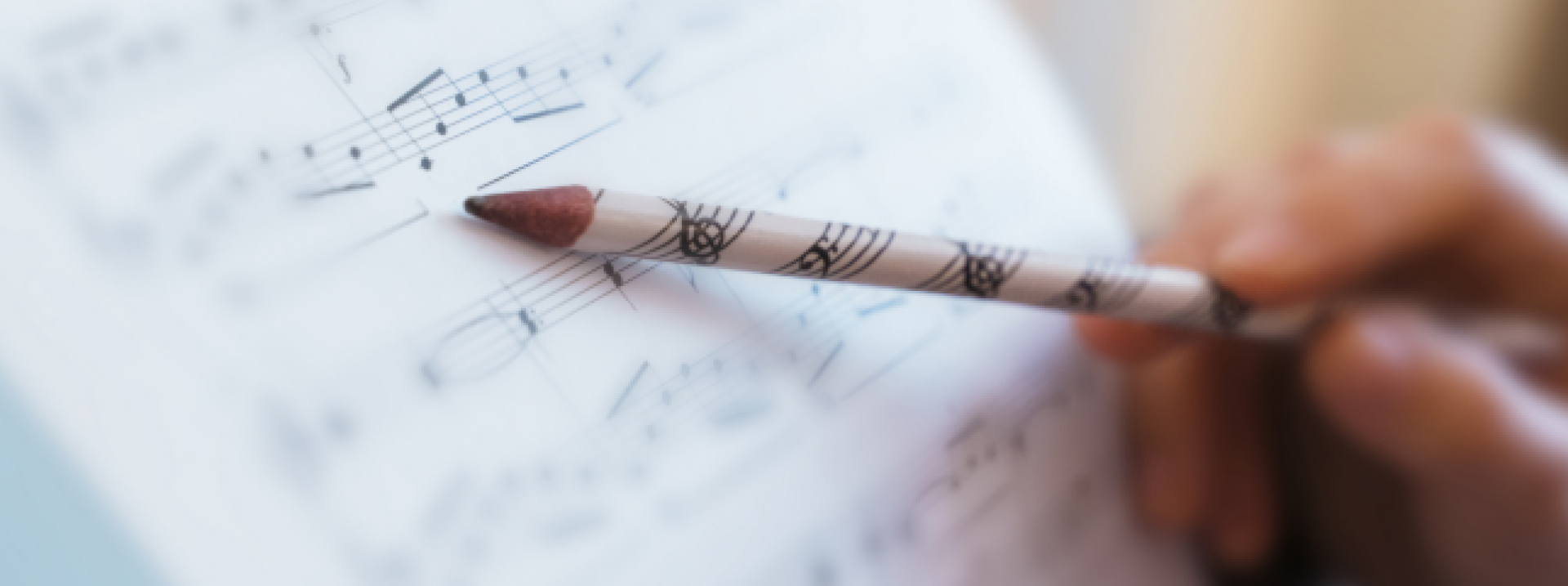Sheet music
Musical contribution - April 2015

Élévation (Édouard Batiste 1820-1876)
Born in Paris on March 28th, 1820, the composer Édouard Batiste studied at the city’s Imperial Conservatory of Music as a teenage prodigy, winning prizes in solfège, harmony and counterpoint, accompaniment, and organ. At the age of twenty, he was presented with the prestigious Prix de Rome award. After serving as an organist at Paris’s Saint-Nicolas-des-Champs Church, at the age of 34, he became the titulaire (chief organist) at the city’s Church of St Eustache. Along with his contemporary Louis James Alfred Lefébure-Wely, Batiste was among the most celebrated organists of his day. Many of his compositions – his musical legacy includes more than 200 pieces for organ alone – are noted for their keen sense of the dramatic.
For this month’s musical contribution, we have selected his work Élévation (“Elevation”), a delightful, melodic piece which he dedicated to his friend Steiger, an organist at the Notre-Dame Church in Vitré, Brittany. According to Batiste’s instructions, the work should be played with the oboe stop as the solo stop, with tremulant. As you can hear in the recording, I decided to leave out the latter for this performance.
We are playing the accompaniment on the Great with 8’ “fonds” (foundation stops). In spite of its small stature, the organ at the church in Vitré featured no fewer than five foundation stops. We generally have to choose between a flute 8’ stop (unison pitch) and/or a principal 8’. While the flute stop is too muted, the prestant may be too loud to accompany an oboe stop. It would therefore seem that Batiste’s friend Steiger had a wider choice of options at his disposal. If your Great has a gamba stop or if you use a three-manual organ, you can choose to use a more delicate 8’ from another manual.
I hope you enjoy playing this music as much as I do!
Kind regards,
André van Vliet